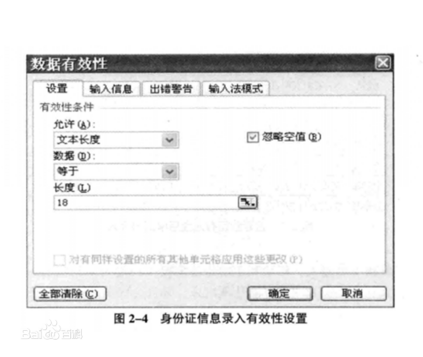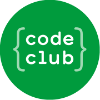Code summarization, the task of generating useful comments given the code, has long been of interest. Most of the existing code summarization models are trained and validated on widely-used code comment benchmark datasets. However, little is known about the quality of the benchmark datasets built from real-world projects. Are the benchmark datasets as good as expected? To bridge the gap, we conduct a systematic research to assess and improve the quality of four benchmark datasets widely used for code summarization tasks. First, we propose an automated code-comment cleaning tool that can accurately detect noisy data caused by inappropriate data preprocessing operations from existing benchmark datasets. Then, we apply the tool to further assess the data quality of the four benchmark datasets, based on the detected noises. Finally, we conduct comparative experiments to investigate the impact of noisy data on the performance of code summarization models. The results show that these data preprocessing noises widely exist in all four benchmark datasets, and removing these noisy data leads to a significant improvement on the performance of code summarization. We believe that the findings and insights will enable a better understanding of data quality in code summarization tasks, and pave the way for relevant research and practice.
翻译:代码总和,即根据代码生成有用评论的任务,长期以来一直令人感兴趣。大多数现有的代码总和模型都是在广泛使用的代码总和基准数据集中培训和验证的。然而,对于从现实世界项目中建立的基准数据集的质量知之甚少。基准数据集是否如预期那样好?为了缩小差距,我们进行系统研究,评估并改进广泛用于代码总和任务的4个基准数据集的质量。首先,我们提议一个自动化代码总和清理工具,能够准确检测现有基准数据集中不适当的数据处理前处理操作造成的噪音数据。然后,我们运用该工具进一步评估四个基准数据集的数据质量,基于所检测到的噪音。最后,我们进行比较实验,以调查噪音数据对代码总和齐模型性能的影响。结果显示,所有4个基准数据集中都广泛存在这些预处理噪音,消除这些噪音导致代码总和性能的显著改进。我们认为,这些发现和洞察力将有助于更好地了解代码总和研究方法中的数据质量。




